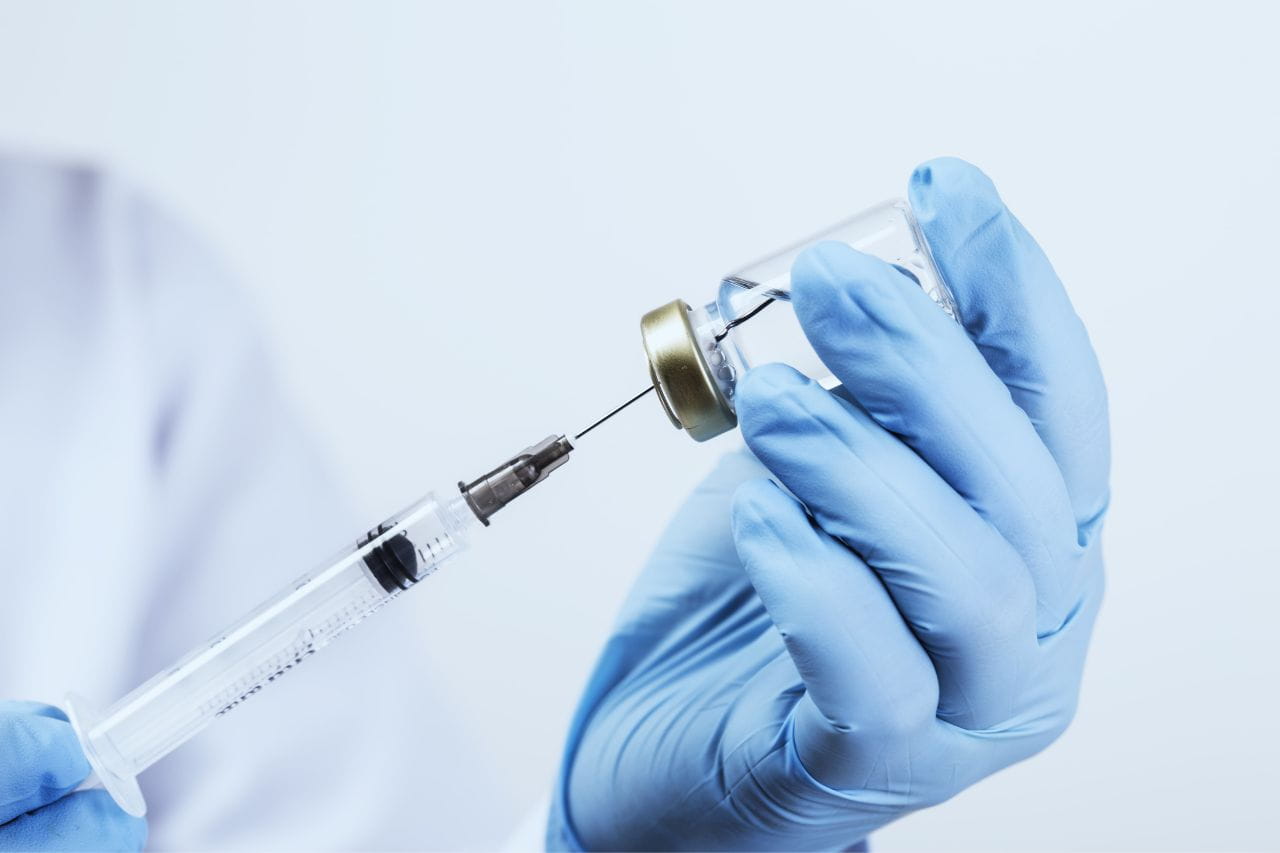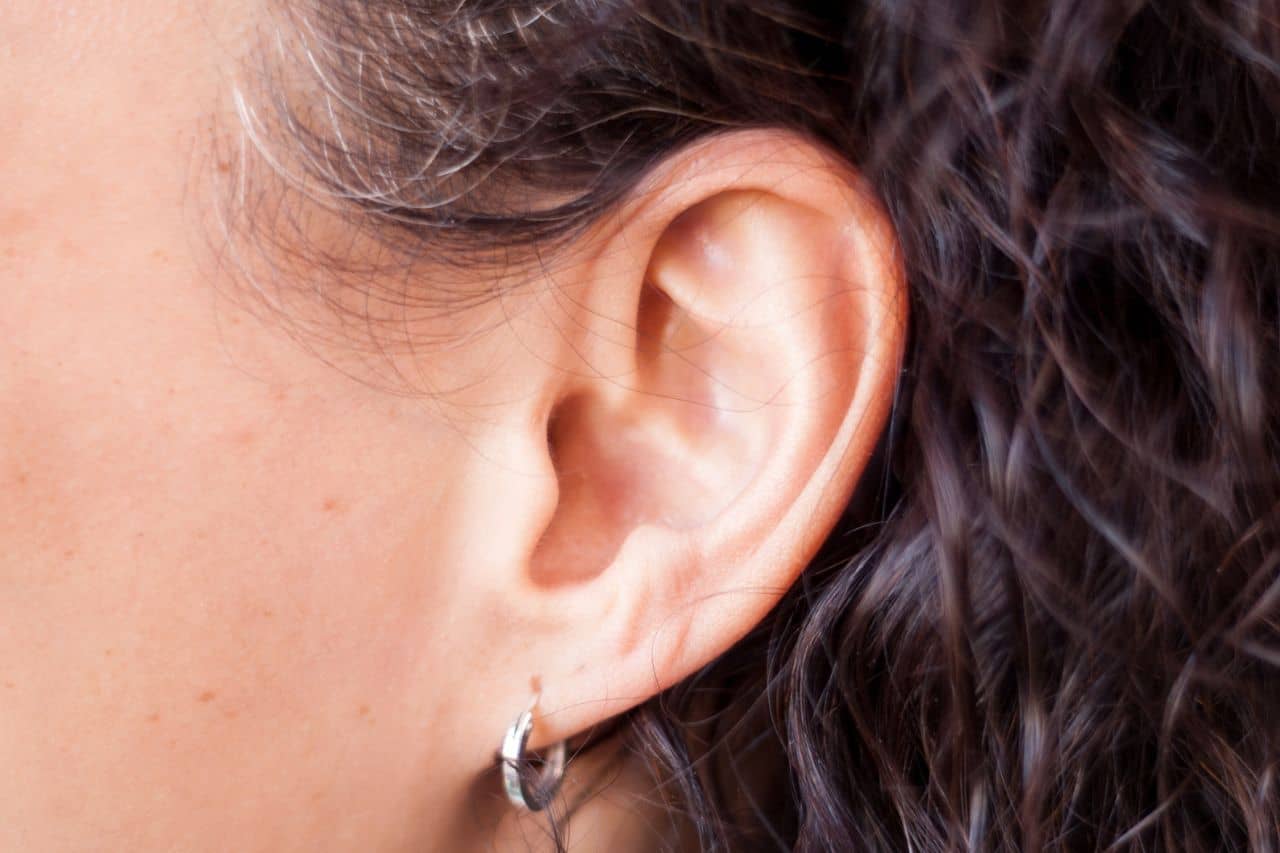Tick Borne Diseases
.jpg?rev=3f065c17f8ae449db70b63e516c01853)
Ticks are tiny creatures related to spiders that feed on the blood of birds and mammals, including humans. When a tick bites into you to suck your blood, it can transmit the bacteria, viruses, and other parasites it carries to you, causing various illnesses. This article lists some of the most common tick-borne diseases and provides information on avoiding tick bites and removing an attached tick.
What Diseases Do Ticks Carry?
Ticks can carry various disease-causing pathogens. The most common tick-borne illnesses are described below, followed by steps for removing ticks.
Lyme disease
Lyme disease (named for the town of Lyme, Connecticut, where it was first identified) is the most common tick-borne illness in the U.S., with nearly half a million people treated for it annually. It's caused by bacteria that can affect your nervous system, eyes, joints, heart, or liver. Lyme disease is most common in the Northeast and Upper Midwest.
Symptoms are flu-like and can include:
- Fever or headache
- Cold chills
- Achy muscles or joints
- Fatigue
- Erythema migrans (EM) rash, characterized by a bull's eye appearance and a warm sensation on the rash at the site of the bite
More serious symptoms can develop in a month or so, requiring immediate medical attention.
They include:
- Shortness of breath
- Dizziness
- Neck stiffness or severe headaches
- Rash elsewhere on the body
- Severe joint pain and swelling
- Nerve pain or numbness in appendages
- Short-term memory issues
- Eye or liver inflammation
- Heart arrhythmia or palpitations
- Facial palsy
- Brain or spinal cord inflammation
If you're in an area where Lyme disease is common, you should learn about prevention, detection, and treatment.
If a tick bites you, you should see a doctor promptly. Getting antibiotics within 72 hours can prevent you from developing the condition. If you contract the illness, you'll need a longer course of antibiotics.
Most people recover from Lyme disease, but the symptoms can persist for six months or more.
Rocky Mountain spotted fever
Rocky Mountain spotted fever is caused by bacteria carried by certain ticks. It's a serious and potentially deadly illness. Despite the name, it's most common in five states east of the Rocky Mountains: Missouri, Arkansas, Oklahoma, Tennessee, and North Carolina.
Symptoms include:
- Headache
- Fever
- Red, blotchy rash on ankles or wrists 2-5 days after the bite
- Nausea
- Vomiting
- Muscle pain
- Stomach pain and loss of appetite
Most people treated within five days recover.
Those treated after that period can suffer more significant injuries from the infection, including damage to blood vessels that causes tissue and organ damage.
People who survive a serious infection can have severe complications like amputations, paralysis, and hearing loss.
Powassan
Named for a Canadian town, this rare condition from a tick-borne virus attacks the brain and surrounding tissues, causing inflammation.
Symptoms can develop up to a month after the bite and include:
- Headache
- Fever
- Confusion
- Vomiting
- Loss of coordination
- Seizures
There are no medications for the Powassan virus. Instead, patients with severe cases are hospitalized and given supportive measures, like breathing assistance and medications to ease brain swelling, until the illness resolves. Permanent nerve damage can result.
Anaplasmosis
This condition is caused by bacteria from the same type of tick that causes Lyme disease. They attack disease-fighting white blood cells. The illness is most often diagnosed in the Northeast and Upper Midwest.
Symptoms include:
- Fatigue
- Fever
- Chills
- Headache
- Muscle pain
- Stomach pain
Most people with anaplasmosis recover without treatment, but doctors prescribe antibiotics to prevent serious illness from developing.
Ehrlichiosis
This condition is similar to anaplasmosis but carried by a different tick. It's most common in the south-central and southwestern parts of the U.S.
Symptoms develop within two weeks and can include:
- Headache
- Fever
- Nausea
- Stomach pain
- Rash
- Cough
- Diarrhea
Doctors prescribe antibiotics to treat this condition.
Tularemia
Sometimes called rabbit fever because it affects them, this condition is rare but highly contagious and potentially life-threatening if not treated.
The illness has been diagnosed in every U.S. state except Hawaii but is most common in the south-central states.
Symptoms include:
- Skin ulcers
- Swollen lymph nodes
- Fever
Doctors prescribe antibiotics to treat tularemia, and most people recover. However, symptoms can last for several weeks.
Babesiosis
This rare condition is spread by deer ticks carrying a parasite that attacks your red blood cells. It's most common in the Northeast and Upper Midwest.
Symptoms include:
- Anemia
- Low blood pressure
- Liver or kidney issues
Treatment involves a combination of anti-parasitic medications and antibiotics.
Tick paralysis
Tick paralysis isn't caused by a pathogen. Researchers believe a poison in tick saliva produces this condition. It's most common in the Rocky Mountain region and the northwestern states. Tick paralysis causes your muscles to go slack as it spreads through the body. It typically resolves once the tick is removed.
How to Avoid and Remove Ticks
If you spend time in nature where ticks may be present, you should:
- Wear long sleeves.
- Wear long pants and tuck the bottoms into your socks.
- Use effective bug repellent.
- Avoid tall grasses or bushes where ticks live.
- Do a "tick check" of your clothing and exposed skin when you're back inside.
If a tick has attached to your skin, do the following:
- Remove it slowly and gently with tweezers, grabbing it as close to the skin as possible.
- If its mouth parts break off and remain in the skin, leave them there.
- Avoid touching or crushing the removed tick.
- Carefully dispose of it by dunking it in alcohol, wrapping it in tape, or flushing it down the toilet.
- Wash your hands thoroughly with alcohol or soap and water if you handle a tick.
- If you develop any symptoms of illness, contact your doctor promptly.
Get Treatment for Tick-Borne Illnesses from Baptist Health
Tick-borne illnesses can be severe, but you can take steps to protect yourself while enjoying time outside. If a tick bites you and you develop an illness, contact your Baptist Health primary care physician right away. They can assess your condition and prescribe treatment.

.jpg?rev=0669da79ee4e481d979a4d08cce4c175)

